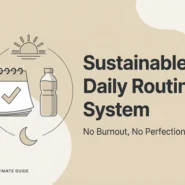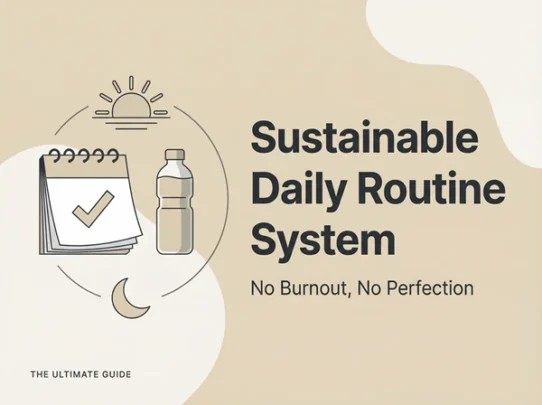✨ Key Takeaways
- Using polite phrases like “thank you” and “please” with ChatGPT creates hundreds of millions in electricity costs for OpenAI.
- Each ChatGPT search uses 2.9Wh of power, while image and video-based AI uses 40-60 times more power.
- 67% of American users are polite to AI chatbots, with 55% saying it’s “morally right” to do so.
- Data centers now use 10% of global electricity, making power supply a major issue as AI use grows.
- East Asian users tend to be more polite when talking to AI due to cultural norms around respectful communication.
🤖 “Please, ChatGPT” – How Simple Greetings Create Huge Costs
Do you say “thank you” after ChatGPT answers your question? Or maybe you add “please” when asking something? These small courtesies are actually creating enormous costs, and most people have no idea.
Sam Altman, CEO of OpenAI, recently mentioned that these simple greetings will “create tens of millions of dollars in electricity costs” for OpenAI. How can such small phrases lead to such big expenses?
When a user says “thanks for the answer,” ChatGPT responds with something like “You’re welcome, I’m happy to help.” This extra back-and-forth adds up to massive power use. It’s like sending unnecessary text messages that eat up resources.
⚡ The Hidden Connection Between AI and Power Consumption
AI technology has made our lives easier, but behind it lies enormous energy use. Imagine a polar bear swimming on ice. If that ice is melting, our digital footprint may be partly to blame.
Each ChatGPT search uses 2.9Wh of power. That’s enough to keep one LED light bulb on for about 3 hours. But newer image and video AI systems use much more power. These systems consume 40 to 60 times more electricity than ChatGPT.
Today, data centers use about 10% of global electricity. As AI technology continues to grow and spread, this percentage will only increase. That’s why power supply issues have become such an important topic.
This is like having an invisible electricity-eating hippo in our homes. We flip switches on and off, but we rarely realize how much power is being used behind the scenes.
👋 Why Do We Talk Politely to AI?
Have you ever said “thank you” to Siri or Bixby on your phone? Or maybe you’ve politely asked your navigation app for directions? Why do we treat machines as if they were people?
According to a survey by global media group Future PLC last year, 67% of American respondents said they speak politely to chatbots. Of these, 55% said it was “morally right,” and interestingly, 12% said they feared “AI might rebel.”
This shows that many users see AI as more than just a tool – they view it as having a personality. Like talking to dolls as children, we seem to think AI has feelings too.
East Asian users are believed to be even more polite to AI chatbots due to cultural norms. In countries where children are taught to use respectful language with adults from a young age, these habits naturally extend to conversations with AI.
💡 How to Talk to AI Efficiently
So how can we talk to AI efficiently while reducing unnecessary power use? Here are a few simple tips.
First, cut out unnecessary greetings. Phrases like “hello,” “please,” and “thank you” can be skipped – AI won’t feel bad about it. After all, AI doesn’t have feelings!
Second, make your questions clear and brief. Rather than saying “Could you please tell me about…” just ask “What is…?” Direct questions, like typing keywords into a search engine, help AI give more accurate answers.
Third, focus on getting the information you need in one go rather than asking multiple questions. Getting all the necessary information at once is more power-efficient than having several back-and-forth exchanges.
This is similar to saving water. Instead of leaving the tap running while brushing your teeth, you use just what you need. The same principle applies to conserving resources when using AI.
🌍 Thinking About a Sustainable Future in the AI Age
AI technology is moving fast, but it’s costing our planet too. Our small actions when talking to AI can really add up and harm the environment.
Soon, AI will use less energy, and data centers will switch to green power. But we can all help now by reducing our digital footprint.
AI is a powerful tool, but we need to use it wisely. Let’s communicate with AI in a smart way, thinking about the planet too.
💭 Conclusion: Small Habit Changes Can Make a Big Impact
Using polite words with AI like ChatGPT can lead to huge energy bills. This shows AI’s impact goes beyond tech to energy use and the environment. It also depends on our cultural views of AI.
Small changes in how we talk to AI can make a big difference. Cutting down on unnecessary greetings and being clear can save a lot of power.
We must talk about AI’s hidden costs and social effects for a sustainable future. Let’s start using AI more efficiently today.








